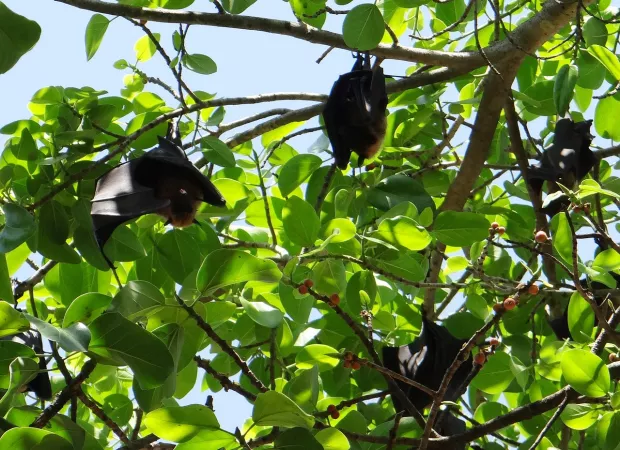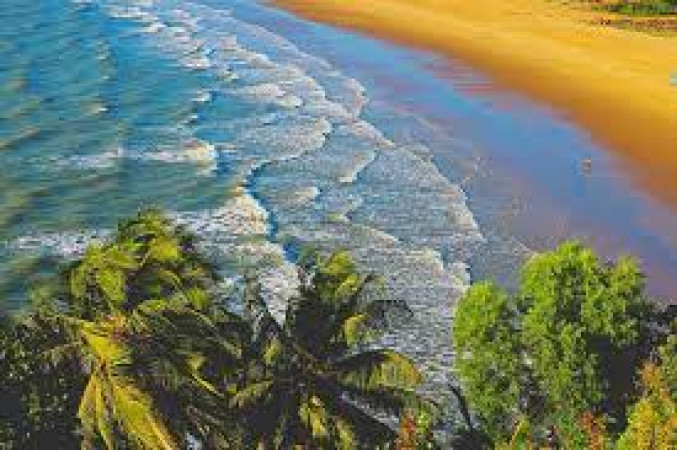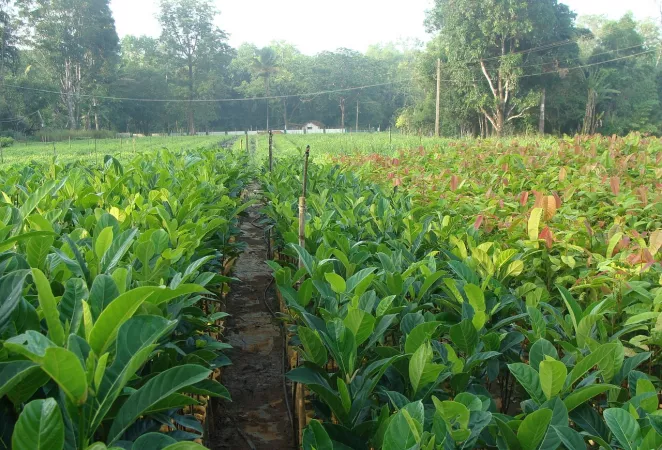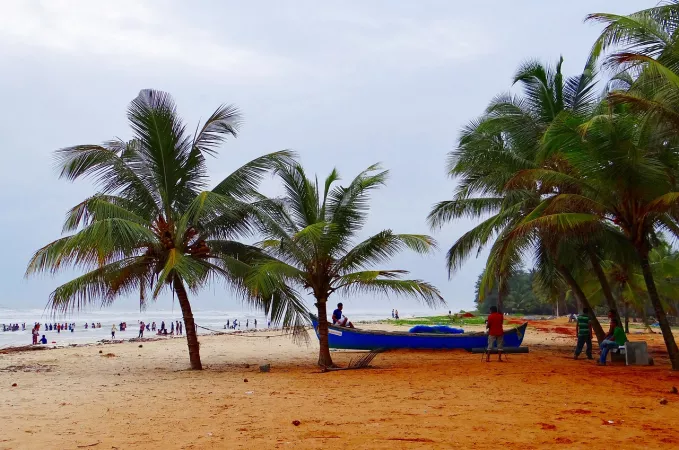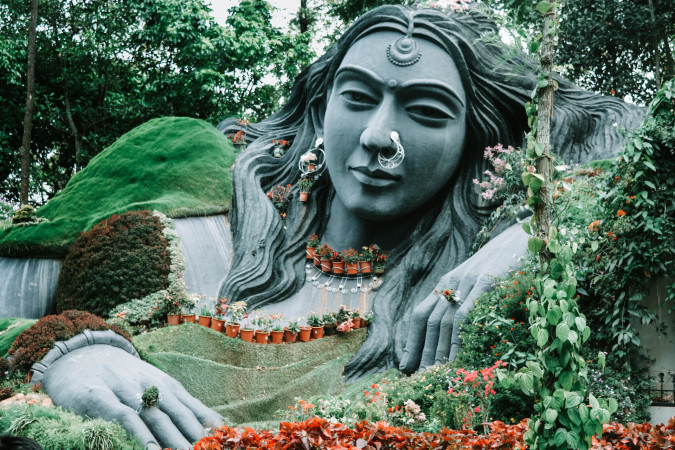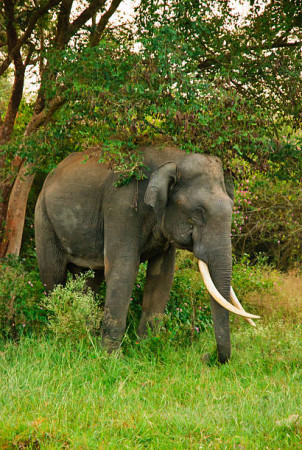Belgaum Travel Guide
Belgaum, located in the southwestern state of Karnataka in India, is a city steeped in history and culture. Known for its strategic location, Belgaum has witnessed the rule of various dynasties, resulting in a rich tapestry of architectural marvels and cultural heritage. The city is famous for its lush greenery, ancient temples, and vibrant festivals, making it a must-visit destination for history buffs and nature enthusiasts alike.Top Attractions in Belgaum
- Belgaum Fort
- Gokak Falls
- Kittur Fort and Palace
- Kamal Basti
- Jamboti Hills
Belgaum is Famous for
Belgaum is most famous for its historical forts and picturesque waterfalls, offering visitors a glimpse into the region's rich past and natural beauty.Top Attractions in Belgaum
- Explore the ancient Belgaum Fort
- Marvel at the majestic Gokak Falls
- Discover the historical Kittur Fort and Palace
- Visit the intricately carved Kamal Basti
- Trek through the scenic Jamboti Hills
What's Great about Travelling to Belgaum?
- Rich historical and cultural heritage
- Scenic natural landscapes
- Authentic local cuisine
What's Not So Great about Travelling to Belgaum?
- Limited tourist infrastructure
- Hot and humid weather during summers
- Language barrier for non-Kannada speakers
Travel Tips for Belgaum
- Carry insect repellent for outdoor activities
- Respect local customs and traditions
- Book accommodations in advance during peak seasons
Important Belgaum trip information
- Ideal Duration: 2-3 days
- Best Time to Visit: October to March for pleasant weather
- Nearby Airports and Railway Stations: Belgaum Airport and Belgaum Railway Station
FAQ's on Belgaum
Q1: What is the best time to visit Belgaum?
The best time to visit Belgaum is during the winter months from November to February when the weather is pleasant and ideal for exploring the city. Avoid the monsoon season from June to September due to heavy rainfall. Consider visiting during local festivals like Ganesh Chaturthi in August or Navratri in October for a cultural experience.
Q2: Do I need a visa to travel to Belgaum?
Most visitors to Belgaum will require a valid Indian visa to enter the country. Exceptions include nationals of certain countries eligible for e-Visa or visa on arrival. Ensure to check the specific visa requirements based on your nationality before traveling to Belgaum.
Q3: What are the must-visit attractions in Belgaum?
Belgaum boasts attractions like Belgaum Fort, Kamal Basti, Jamboti Hills, and Gokak Falls. Visit the Military Mahadev Temple, located inside the fort, and explore the lush greenery of Jamboti Hills. Don't miss the serene Gokak Falls for a breathtaking natural spectacle.
Q4: Is Belgaum a safe place to travel?
Belgaum is generally safe for travelers, but like any destination, it's advisable to stay cautious and be aware of your surroundings, especially in crowded areas. Avoid isolated areas at night and take necessary precautions to safeguard your belongings.
Q5: What is the local currency in Belgaum and can I use credit cards?
The local currency in Belgaum is the Indian Rupee (INR). ATMs are widely available in the city, and credit cards are accepted in most hotels, restaurants, and larger establishments. However, it's recommended to carry some cash for smaller vendors and local markets.
Q6: What is the local cuisine like in Belgaum?
Belgaum offers a diverse culinary experience with a mix of South Indian and Maharashtrian influences. Try local delicacies like Jolada Roti, Enne Gai, and Khaima Unde. Vegetarians can enjoy dishes like Sabudana Khichdi and Misal Pav. Don't miss the opportunity to taste the famous Belgaum Kunda, a sweet specialty of the region.
Q7: What transportation options are available in Belgaum?
In Belgaum, you can utilize public transport like buses and auto-rickshaws to get around the city. Taxis are also available for more comfortable travel. For exploring nearby attractions, consider renting a car or hiring a local guide for a hassle-free experience.
Q8: Are there any cultural norms or etiquette I should be aware of when visiting Belgaum?
When visiting Belgaum, respect local customs by dressing modestly, especially when visiting religious sites. Greet people with a smile and a nod of the head as a sign of respect. Avoid public displays of affection and always ask for permission before taking photographs of locals. Embrace the warm hospitality of the locals and be open to experiencing the rich cultural heritage of Belgaum.
Q9: I am a travel agent. How can I buy travel leads of Belgaum?
Register yourself as a travel agent at agents.tripclap.com and then you can buy travel leads to Belgaum once your account is approved. For more details contact our support team at +91-8069186564 or support@tripclap.com
